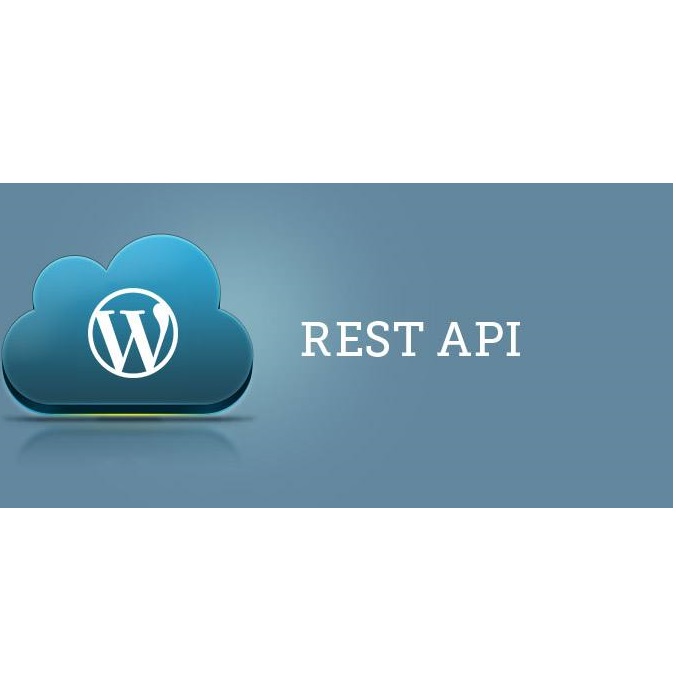While we have witnessed a rapid growth of ethics documents meant to guide AI development, the promotion of AI ethics has nonetheless proceeded with little input from AI practitioners themselves. Given the proliferation of AI for Social Good initiatives, this is an emerging gap that needs to be addressed in order to develop more meaningful ethical approaches to AI use and development. This paper offers a methodology, a shared fairness approach, aimed at identifying the needs of AI practitioners when it comes to confronting and resolving ethical challenges and to find a third space where their operational language can be married with that of the more abstract principles that presently remain at the periphery of their work experiences. We offer a grassroots approach to operational ethics based on dialog and mutualised responsibility. This methodology is centred around conversations intended to elicit practitioners perceived ethical attribution and distribution over key value laden operational decisions, to identify when these decisions arise and what ethical challenges they confront, and to engage in a language of ethics and responsibility which enables practitioners to internalise ethical responsibility. The methodology bridges responsibility imbalances that rest in structural decision making power and elite technical knowledge, by commencing with personal, facilitated conversations, returning the ethical discourse to those meant to give it meaning at the sharp end of the ecosystem. Our primary contribution is to add to the recent literature seeking to bring AI practitioners' experiences to the fore by offering a methodology for understanding how ethics manifests as a relational and interdependent sociotechnical practice in their work.
翻译:虽然我们目睹了旨在指导大赦国际发展的道德文件的迅速增长,但促进大赦国际道德操守的工作本身却没有多少来自大赦国际本身的投入。鉴于大赦国际的 " 社会公益 " 倡议的泛滥,这是一个新出现的差距,需要加以弥补,以便制定更有意义的使用和发展大赦国际的道德方法。本文件提供了一种方法、一种共同的公平办法,目的是确定大赦国际从业人员在应对和解决道德挑战时的需要,并找到第三个空间,使其业务语言与目前仍处于其工作经验边缘的更为抽象的原则相结合。我们以对话和相互责任为基础,为业务道德提供了一种基层方法。这一方法的中心是旨在让从业人员了解道德归属和分配的关键价值,确定这些决定何时出现,以及它们面临的道德挑战,并采用一种道德和责任语言,使从业人员能够将道德责任的不平衡与权力和精英技术知识的结构决策的不平衡联系起来,从个人、便利的对话开始,将道德论述恢复到意在使其在生态系统的尖锐结束时具有意义。这一方法的核心是,旨在促使从业人员认识到道德伦理学方面的最新经验,我们的主要贡献是,通过一种基础性的方法,为人们争取最新的社会道德学经验,从而形成一种明确的道德学上的一种基础。





